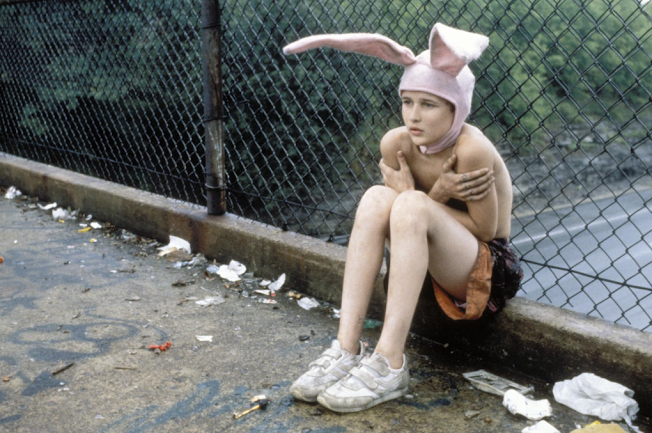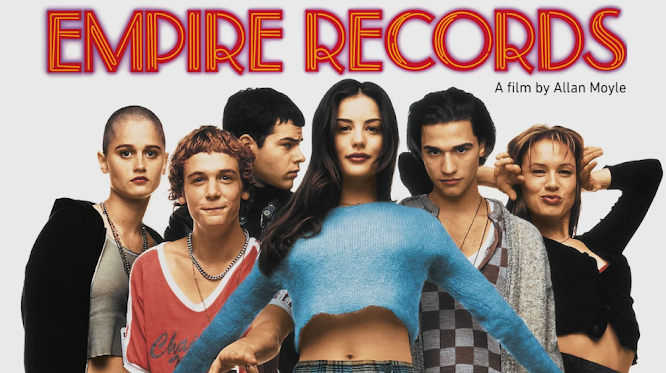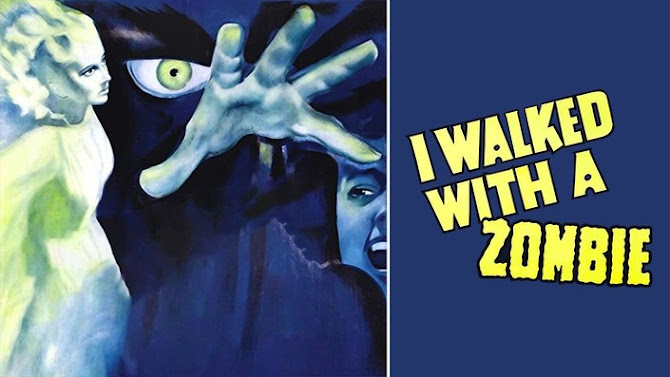Title: Gummo
Year: 1997
Director: Harmony Korine
Country: US
Language: English
Audiences have very visceral, polarizing reactions to Harmony Korine's controversial film Gummo. Some people find it to be disgusting poverty exploitation, while others find it a remarkable, innovative venture into a rarely seen part of low-income America. I was warned - and advised - to see this surreal, haunting film. I didn't think I could get through it, because honestly it is quite depressing, but I did and I found myself astounded by the images onscreen.
In this, lonely residents of a tornado-stricken Ohio town wander the deserted landscape trying to fulfill their boring, nihilistic lives.
Objecting to traditional narrative, Harmony Korine instead opts for a disjointed, non-linear, documentary-style storytelling that is steeped in experimental film-making. Lacking a clear plot; instead we get fractured snippets of the resident's lives marked by a grainy cinematography and frequent use of disorienting shots. It all comes together to create an unsettling feeling that our characters are a product of their bleak environment.
The film is chaotic; with moments of violence, neglect and absurdity. In one infamous scene, there is a child having a bath in brown water, while eating dinner consisting of spaghetti and a strawberry milkshake. In another scene adults are having a furious fight against a chair. Few Directors are actually interested in exploring the lives of the lowest class, so in a way, this is fairly innovative. The types of people portrayed in this film do exist; they may even be our family members.
Gummo is a very raw, unfiltered look at the human condition. Its anarchic nature is oddly endearing to me, albeit I found a lot of the material upsetting rather than funny. It's a hard recommendation for sure, but if you like experimental cinema then you might find this absurdly enjoyable.











